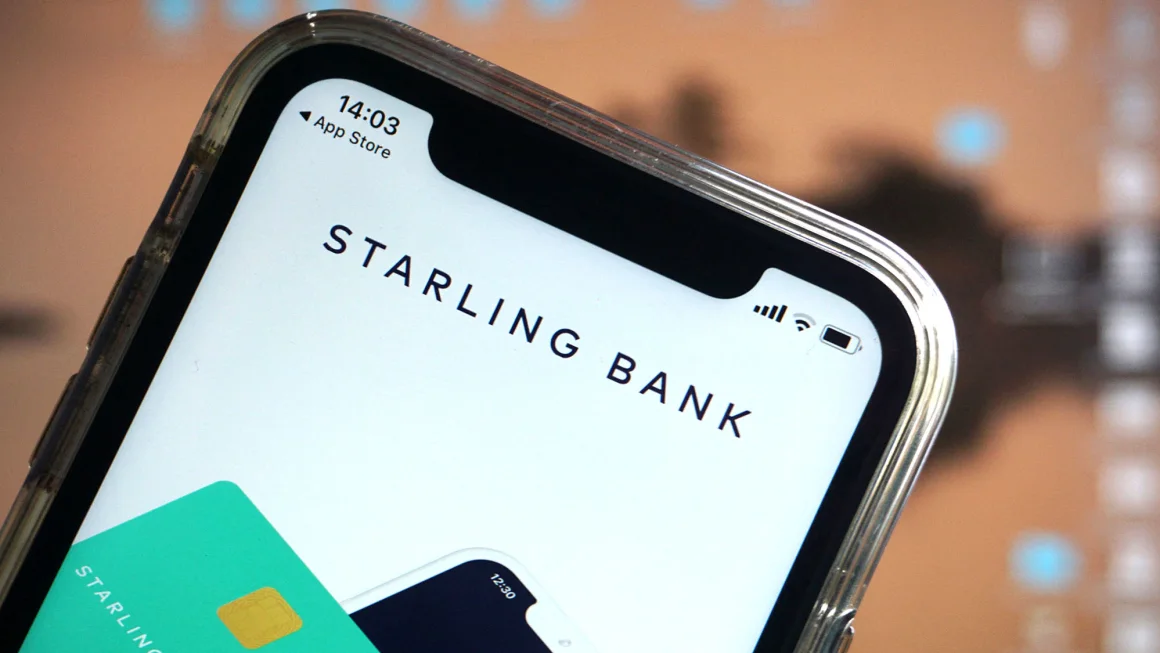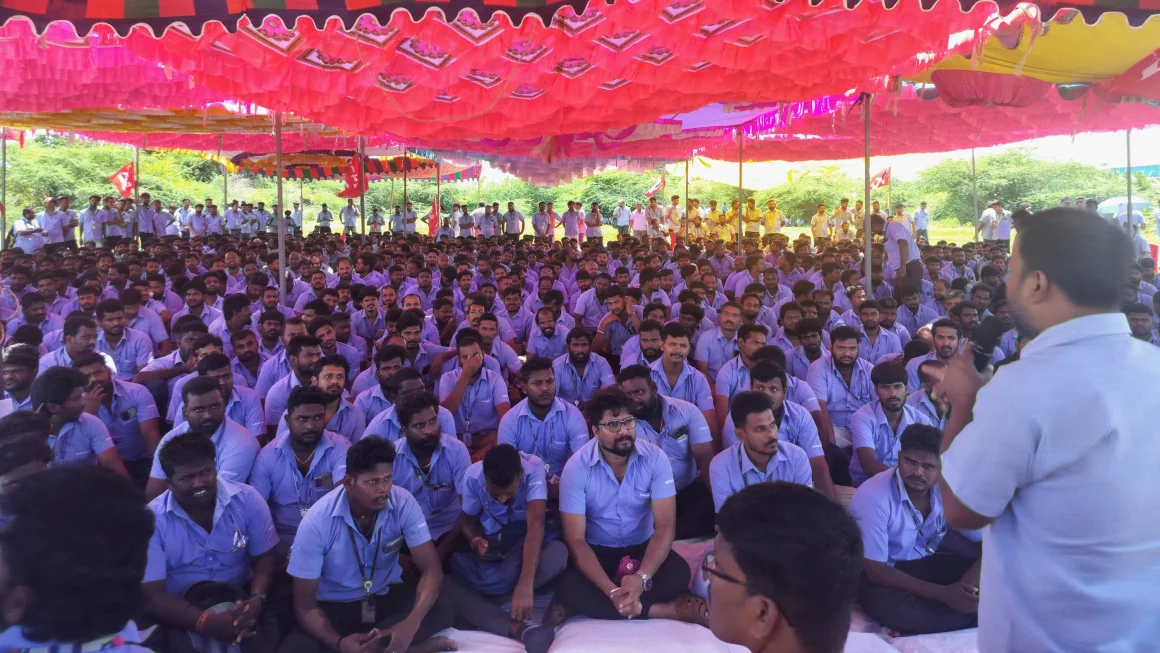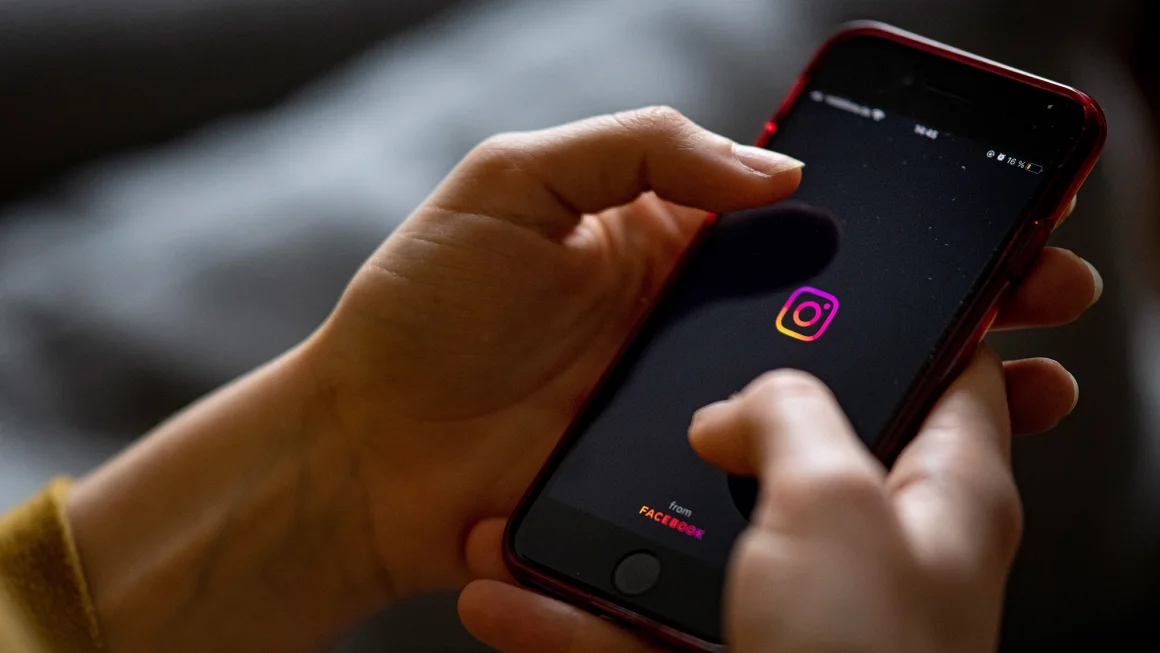Ad Feedback
They have already affected hundreds. According to a survey of more than 3,000 adults that the bank conducted with Mortar Research last month, more than a quarter of respondents said they have been targeted by an AI voice-cloning scam in the past 12 months.

Related articleWhy OpenAI should fear a Scarlett Johansson lawsuit
“People regularly post content online which has recordings of their voice, without ever imagining it’s making them more vulnerable to fraudsters,” Lisa Grahame, chief information security officer at Starling Bank, said in the press release.
The bank is encouraging people to agree a “safe phrase” with their loved ones — a simple, random phrase that’s easy to remember and different from their other passwords — that can be used to verify their identity over the phone.
The lender advises against sharing the safe phrase over text, which could make it easier for scammers to find out, but, if shared in this way, the message should be deleted once the other person has seen it.
As AI becomes increasingly adept at mimicking human voices, concerns are mounting about its potential to harm people by, for example, helping criminals access their bank accounts, and spread misinformation.
Earlier this year, OpenAI, the maker of generative AI chatbot ChatGPT, unveiled its voice replication tool, Voice Engine, but didn’t make it available to the public at that stage, citing the “potential for synthetic voice misuse.”


